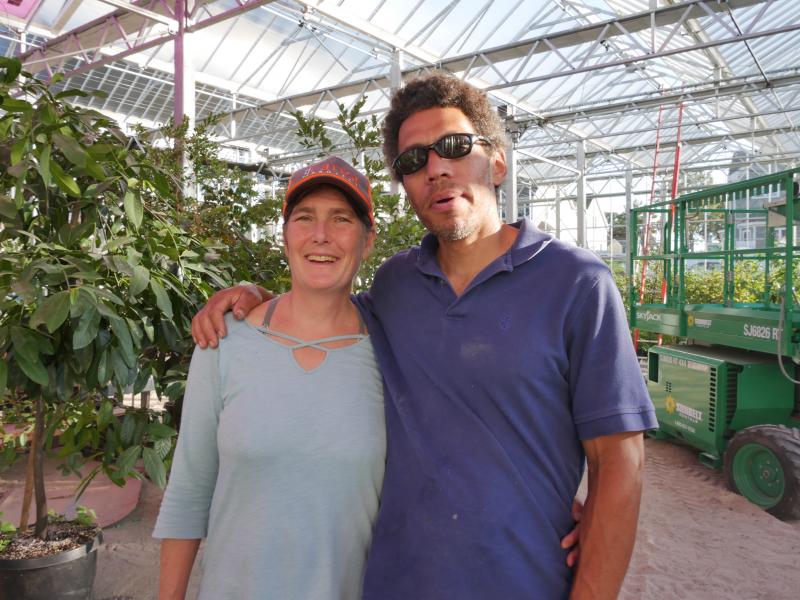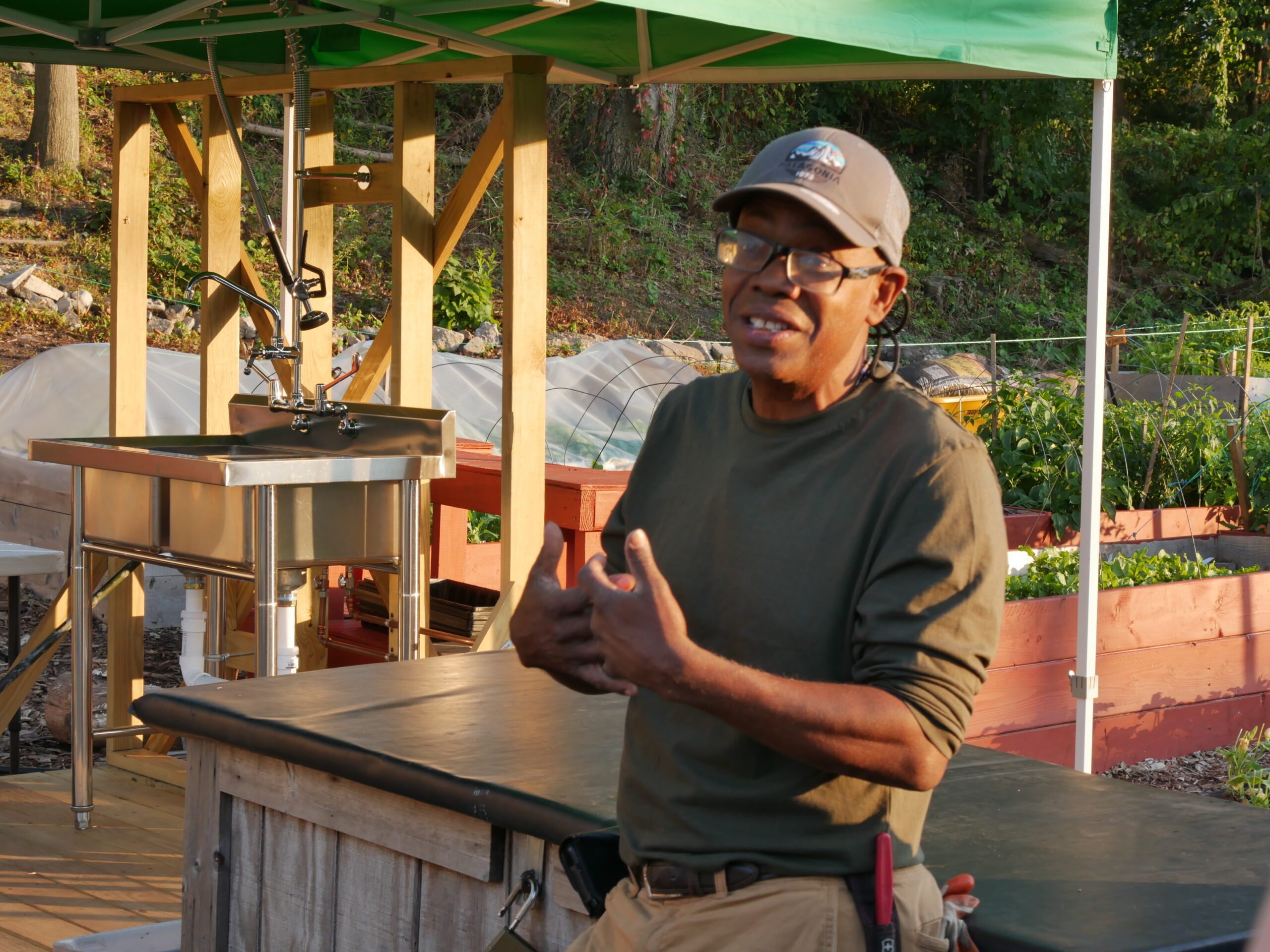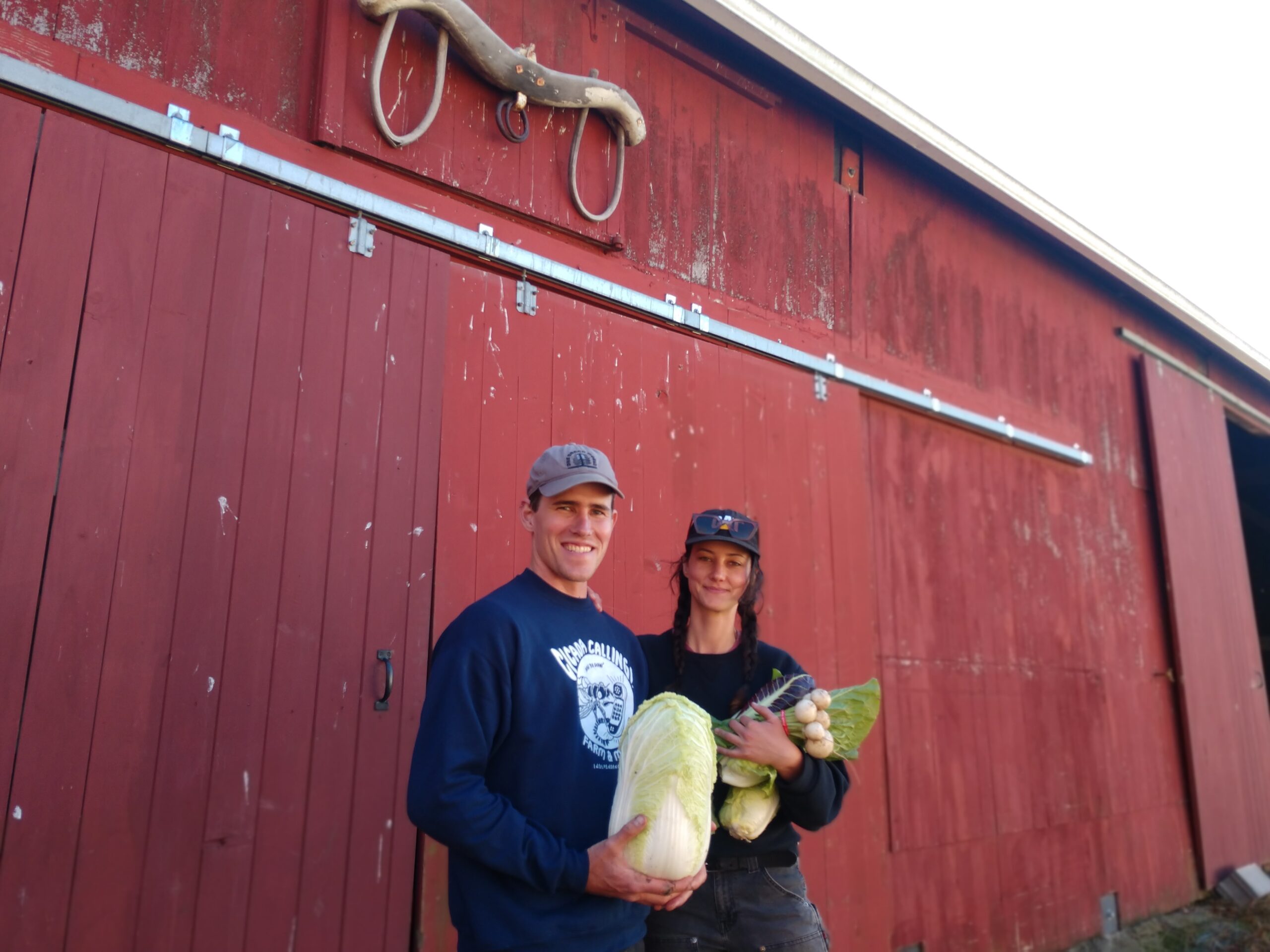
National Farm Viability Conference
Join us for the 6th National Farm Viability Conference
Spring 2024: April 29 – May 2
Charleston Coliseum & Convention Center
Charleston, West Virginia
The conference will feature engaging workshop sessions and bring together farm viability professionals from across the nation for peer-to-peer learning and networking with a focus on strengthening farm sustainability, building stronger and more resilient local food systems, and supporting the long-term profitability of farming and agri-entrepreneurs from start-ups to multi-generational businesses.
The Alliance serves as the backbone and continuity organization for the Farm Viability Conference, coordinating with local hosts. This year’s host is West Virginia University Extension.
2026 National Farm Viability Conference
Stay tuned for dates and location!
Look for more information in 2025. If your organization would like to be part of the conference planning, please reach out to the Alliance.
Business Advisor Professional Development Opportunities
Farm Financial Advising: Building Your Skills, with Mark Cannella
Oct 5th & 6th, 2023, in Amherst, MA
Looking to enhance your existing business advising to farm and food businesses? Join us for an in-person training. This opportunity for business advisors will improve your ability to produce high-quality financial statements and is targeted at early and mid-career professionals.
The training is free of charge and will be held in Amherst, MA on October 5th & 6th, 2023. Attendees are responsible for their own travel and lodging costs. The course is capped at 18 participants. Advisors who are Black, Indigenous, and People of Color (BIPOC), serving businesses in New England and New York will receive priority attendance, should the course fill.
This is a version of the training Mark Cannella and Sam Smith delivered in Northfield, VT in December 2022. If there is further interest, we will run the training again in 2024.
This course is organized by the Agricultural Viability Alliance and The Carrot Project in coordination with the Northeast Farmers of Color Land Trust and Black Farmer Fund.
Learn more and register here.
What is the Agricultural Viability Alliance?
The Agricultural Viability Alliance connects farm, food and forestry viability advisors in New England and the Hudson Valley.
These advisors work with farmers to build resilient businesses, access markets and farmland, execute business transitions, and achieve other goals.
Regionally, we offer a community for advisors to access professional development and mentorship, so they can do their best work.
Nationally, the Alliance brings advisors together to advance policy that ensures consistent funding for business assistance — so the groundbreaking work our network members have spearheaded for decades will be built into the sector long-term.
The Alliance is hosted by The Carrot Project. Together, we work toward a just and resilient farm and food system, guided by our shared commitment to racial equity and an inclusive sector.
How do we work?
Vision
We envision a thriving regional food system across New England and Hudson Valley, where farm and food entrepreneurs and their employees have the business knowledge necessary to both make an abundant living and contribute to the social wellbeing of their community. We envision this region and our own organization as constantly striving to overcome systemic racism and all other forms of oppression.
Mission
Our mission is to increase the number and economic viability of farm and food businesses representing the diverse populations in New England and New York’s Hudson Valley region.
Purpose
In an environment of uneven access, quality, and knowledge, the Alliance’s purpose is to ensure consistent and equitable access to high-quality, culturally competent business technical assistance for farm and food entrepreneurs.
Goal and Objectives
Our goal is to establish and sustain a strong and diverse alliance of business technical assistance providers that facilitates professional development, networking, and advocacy opportunities for members while cultivating a pipeline of future service providers and securing resources to benefit the entire alliance.



Connect with the Alliance
The Alliance currently has the following Committees, Working Groups, and Communities of Practice.
Our activities evolve as network and sector needs change. If you are interested in joining the work of our network, forming a Community of Practice group, or learning more, please contact Benneth Phelps and Marina Ortega.
- Steering Committee
- Workforce and Professional Development Working Group
- Climate Professionals Community of Practice
- Advocacy, Policy and Resource Development Working Group
Benneth Phelps
Executive Director, The Carrot Project
617 674 2371, Ext. 5
Marina Ortega
Relationships & Sector Development Fellow, The Carrot Project
617 674 2371, Ext. 10
Sign up for the
Agricultural Viability Alliance Newsletter
Alliance Advocacy Efforts
What is Business Technical Assistance?
Food Business BTA Story: Teodora’s Boucherie Gourmande
Business Technical Assistance VT Program Example
Urban Agriculture BTA Story: Oasis on Ballou
Welcome Marina Ortega to The Carrot Project
We are excited to introduce you to Marina Ortega, who joined the staff of The Carrot Project and the Agricultural Viability Alliance in September as our Relationships & Sector Development Fellow. We are so pleased to have Marina and her extensive skills onboard....
Applauding USDA Announcement of Regional Food Business Center Finalists
We applaud today’s announcement of the creation of twelve new Regional Food Business Centers by the U.S. Department of Agriculture. The Centers, first proposed by USDA’s Agricultural Marketing Service (AMS) in September 2022, will provide coordination, technical...
Over 140 organizations call for farm and food business technical assistance in the Farm Bill
American Farmland Trust (AFT), the Agricultural Viability Alliance, and a national coalition of agricultural organizations, service providers, non-profits, businesses, lending institutions, and government entities, today sent a letter to leadership of the House...
Applauding USDA Announcement of Regional Food Business Centers
We applaud USDA’s announcement of $400 million to support the creation of Regional Food Business Centers through USDA’s Agricultural Marketing Service. The Centers will provide coordination, technical assistance, and capacity-building to small and mid-sized farm and food businesses in order to build resilient local and regional food systems.
Requesting USDA Set Aside Funding for Farm and Food Business Technical Assistance
American Farmland Trust (AFT) and the Agricultural Viability Alliance (AVA) are among the 119 organizations that urged USDA in a letter today to provide $300 million in funding through the American Rescue Plan Act for business technical assistance to small and...
Climate and Technical Assistance
Read the full Alliance Climate and Agriculture in the Northeast and the Hudson Valley White Paper.
2019 State of the Sector Report
Highlights:
● Business advisors offer a wide range of types of assistance, but many of the available options are not uniformly available across the field or to businesses at every stage.
● Most respondents offer less than 21 total hours of one-on-one business technical assistance to each client in 2018.
● Nearly half of the organizational respondents have an annual budget of $1 million or more; however, among all respondents, most use less than half of their budgets for one-on-one business technical assistance. In fact, 41 percent use less than a quarter of their budgets for this purpose.
● Tracking of demographic information about their clients and program participants varies across respondents and offers an incomplete overall view of clients’ races, ages, incomes, and genders.
● Respondents track a diverse array of outcomes to assess their programs’ and their clients’ successes.
Read the Agricultural Viability Alliance – 2019 State of the Sector Survey Report.

FOR MORE INFORMATION CONTACT:
Benneth Phelps
Executive Director, The Carrot Project
Marina Ortega
Relationships & Sector Development Fellow, The Carrot Project


